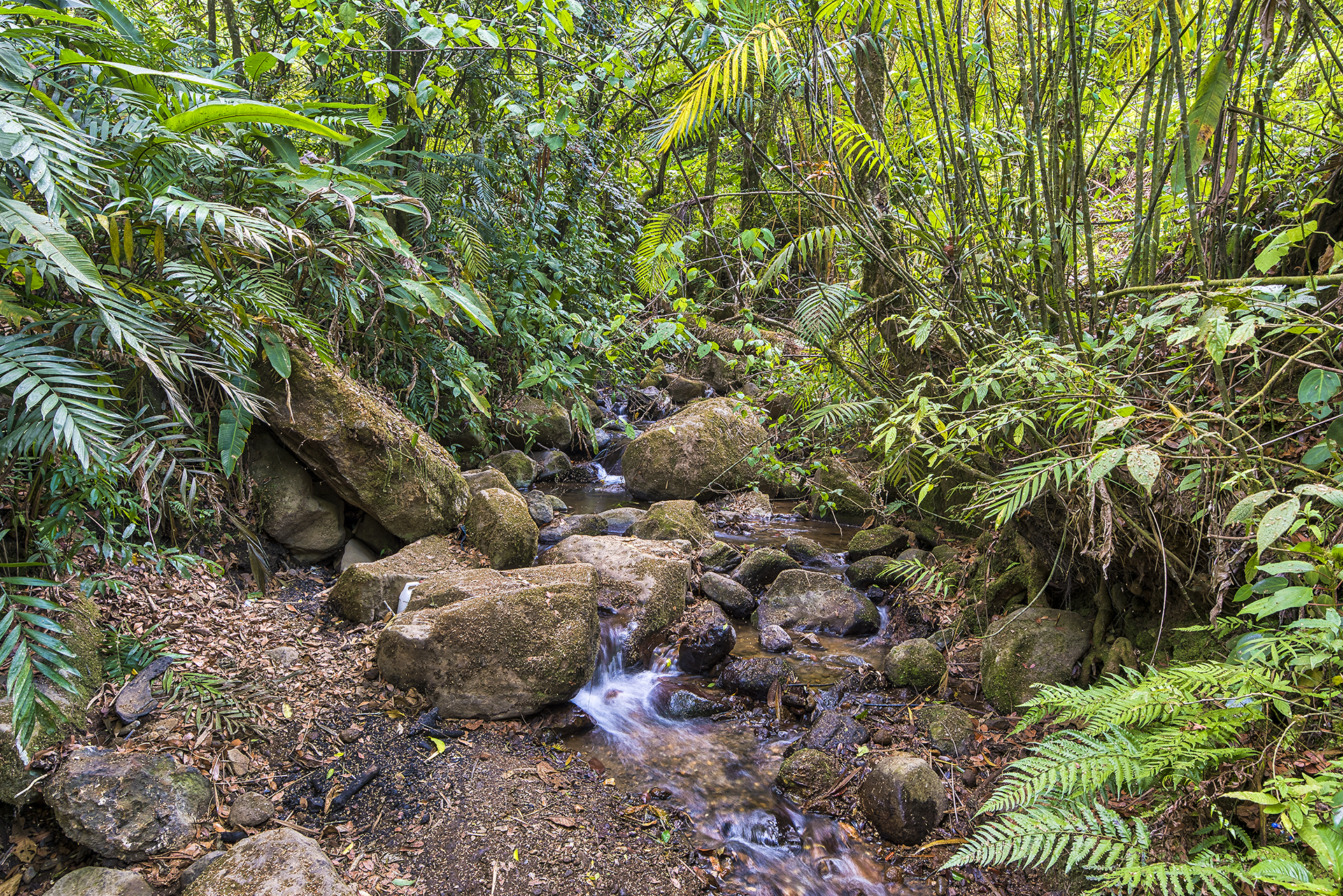
In 2021, the REDD+ Results-Based Payments (RBP) Project, implemented by the United Nations Development Programme (UNDP), joined the effort to protect Costa Rica's forests with a budget of USD 54 million provided by the Green Climate Fund. This money will be used to implement actions to protect forests and prevent forest degradation by supporting two national programmes to which US$ 46.7 million in non-reimbursable funds are expected to be transferred. These programmes are the National Programme for Integrated Fire Management of the National System of Conservation Areas (SINAC) and the Payment for Environmental Services Programme (PPSA) of the National Forestry Financing Fund (FONAFIFO).
To date, the implementation of this project has reaped a number of achievements and lessons that were captured in issue #287 of Revista Ambientico, the only environmental magazine in the country's higher education system. This edition compiled and exemplified what is possible to implement from REDD+, an initiative with tangible results, whose mystique will continue to evolve in favour of climate change mitigation. Following the objectives of the National REDD+ Strategy (ENREDD+), which aims to reduce deforestation and combat land degradation caused by fires, this issue highlights the role of the main programmes supported by REDD+.
© REDD+ national strategy
Thus, among the articles presented, Gilmar Navarrete of FONAFIFO and Oscar Mora of SINAC, directors of the two programmes, offer a technical overview of their contribution to the conservation of the country's forests and biodiversity. In addition, UNDP's contribution to the implementation of Emission Reduction Purchase Agreements (ERPAs), a new modality for the recognition of environmental services financed by the World Bank, is presented. On the other hand, it presents the instrument through which it is possible to operationalise payment for results to institutions: the Performance-Based Payment Agreement (PBA), a tool that evaluates the impact and results of these programmes against a series of indicators that are co-constructed with the institutions to evaluate their own performance. In this confluence of efforts, the participation of the owners of forest areas, including indigenous peoples, is central. Thus, thanks to the work to bring indigenous peoples together that began in 2009 by ENREDD+, it was possible in 2021 for the territories to initiate a monumental process to build a plan that reflects the interests and needs they wish to address with REDD+ resources, namely the Environmental, Forest and Territorial Plans (PAFT). Finally, this edition of Ambientico includes the scope of the actions of other relevant partners, the contributions to the forestry sector to strengthen its alliances and the experience of having deforestation-free export products that meet European aspirations.
There are many more goals for REDD+ on the horizon. Currently, we are on the doorstep of Aster Global's first audit for the ART TREEs standard, with a view to increasing participation in the forest sector's carbon market climate finance, and firm steps are being taken to initiate soil carbon accounting.
For now, we present this REDD+ edition of Ambientico and recommend you read it:

